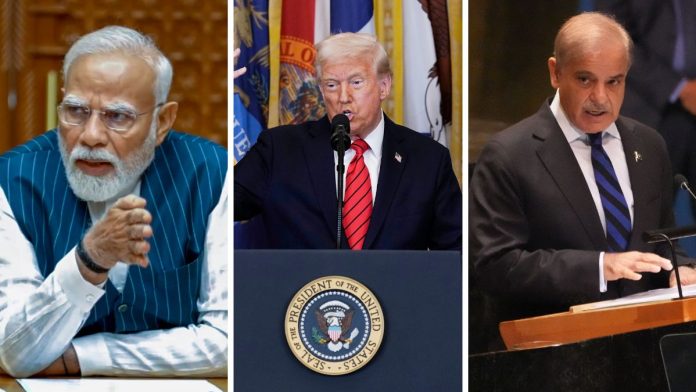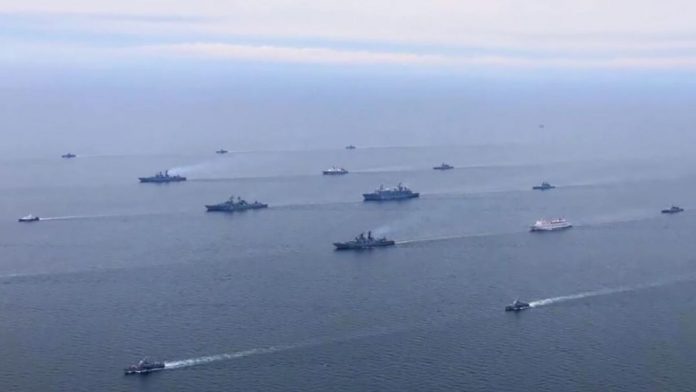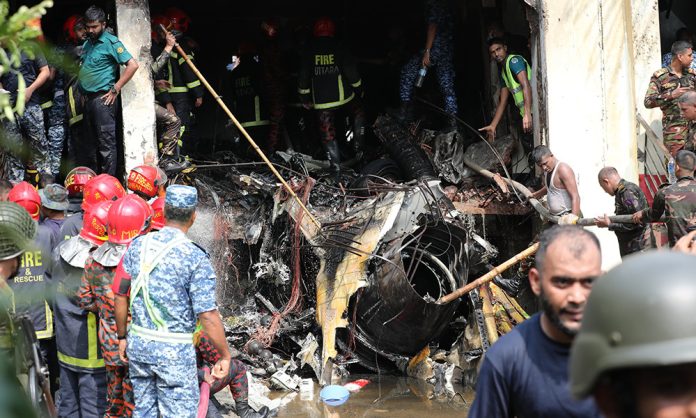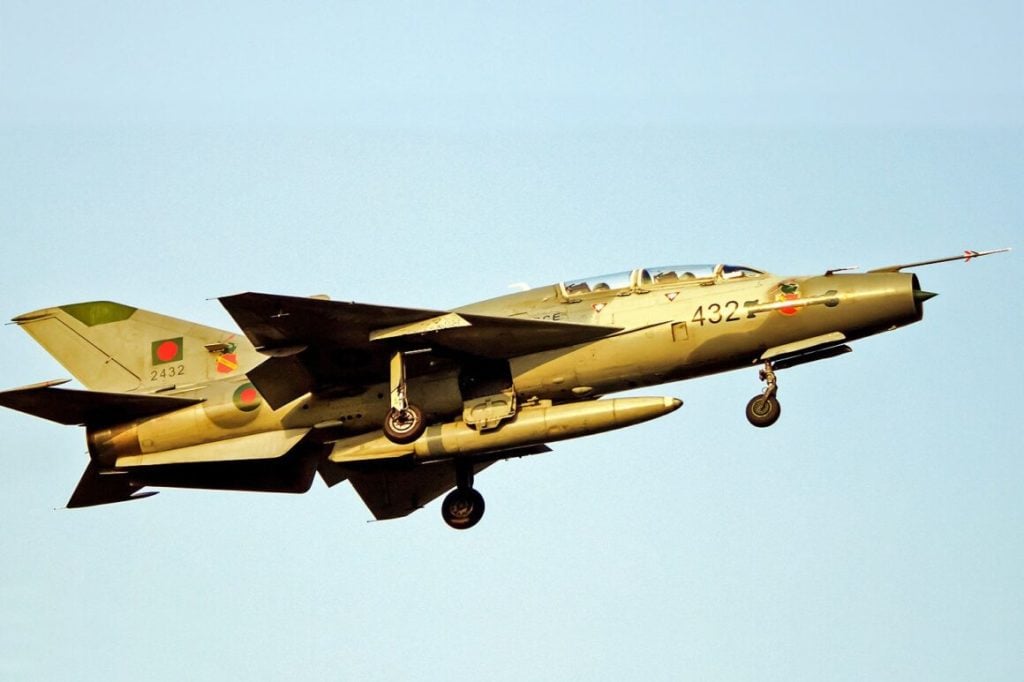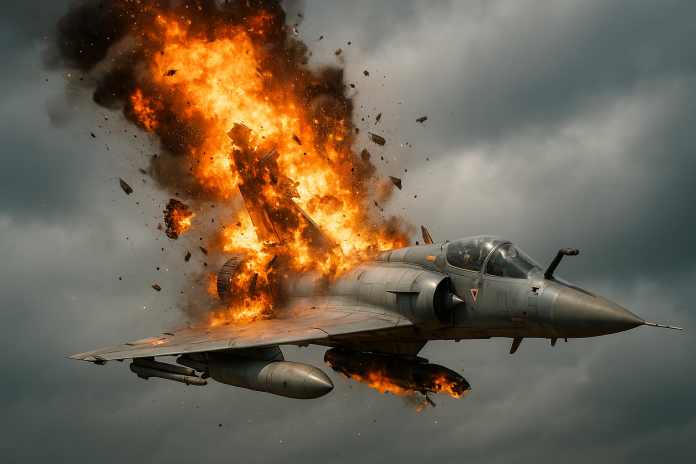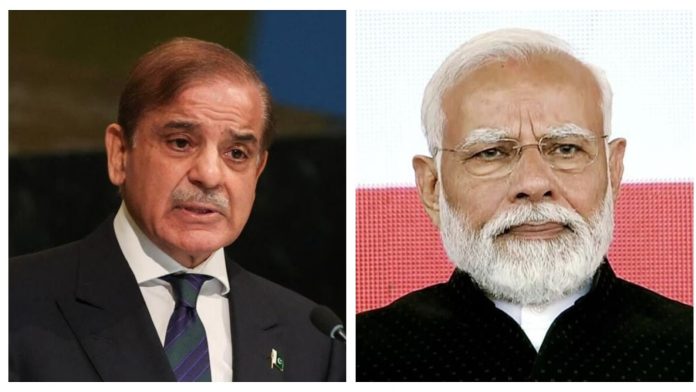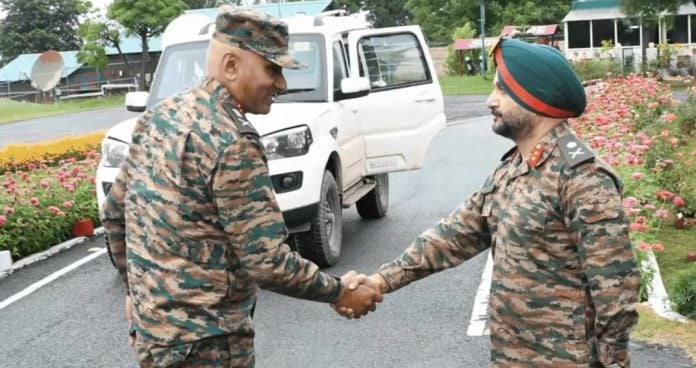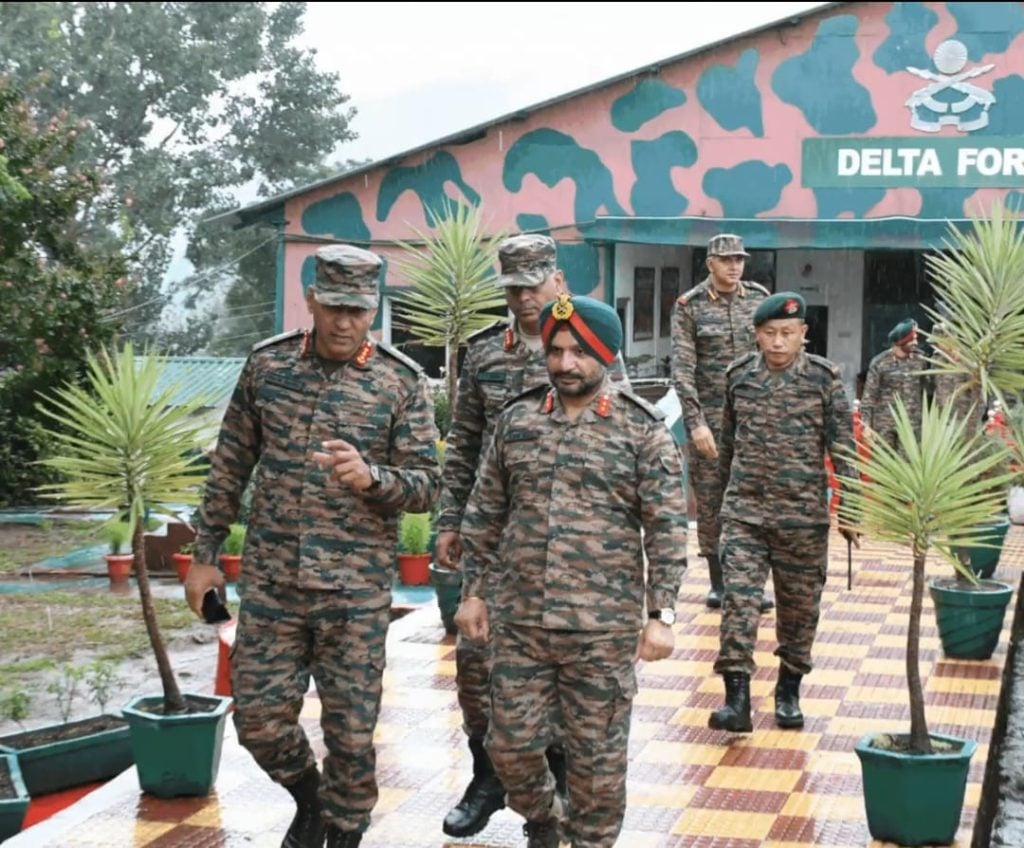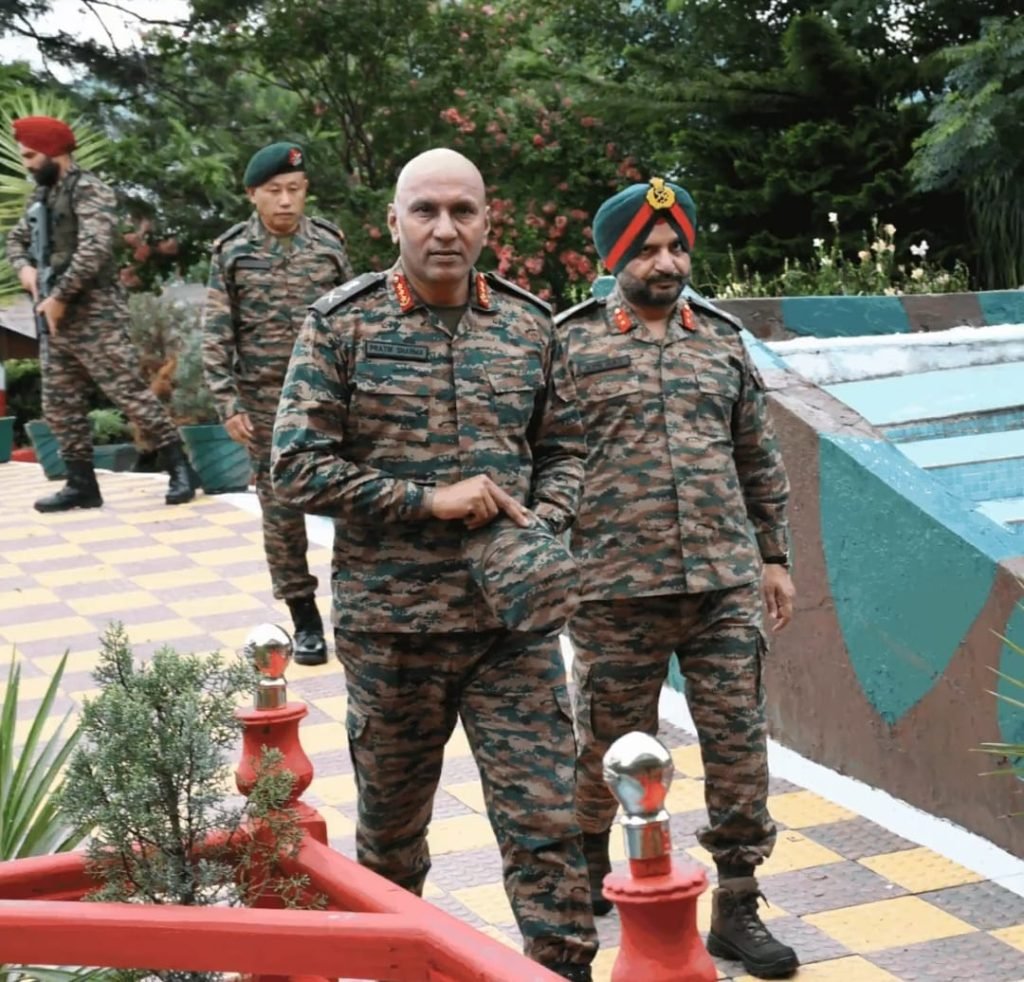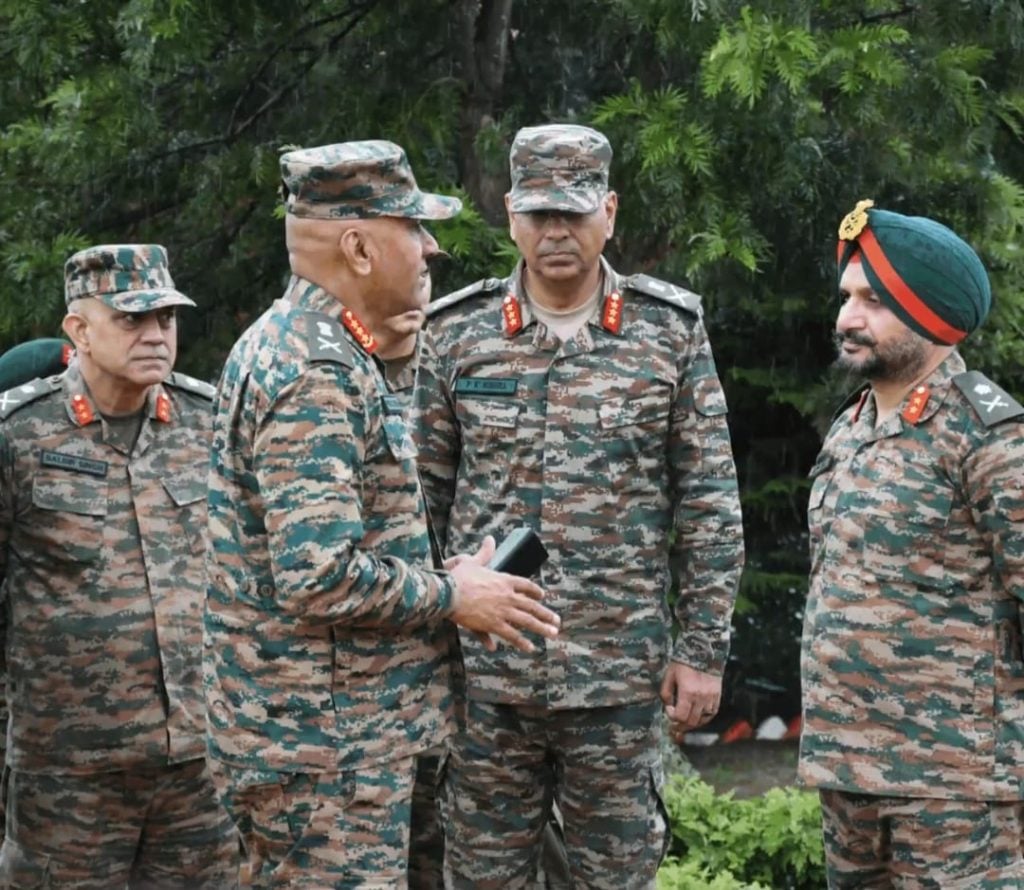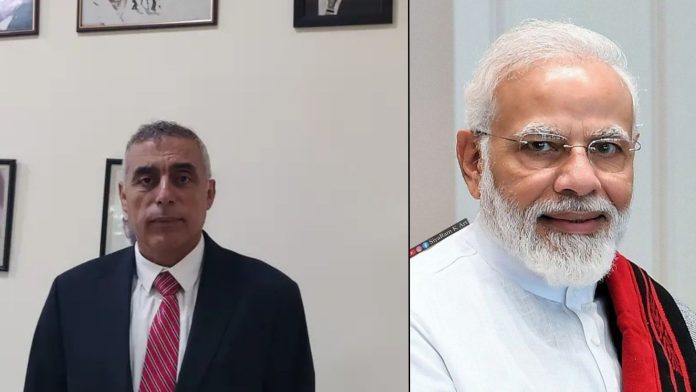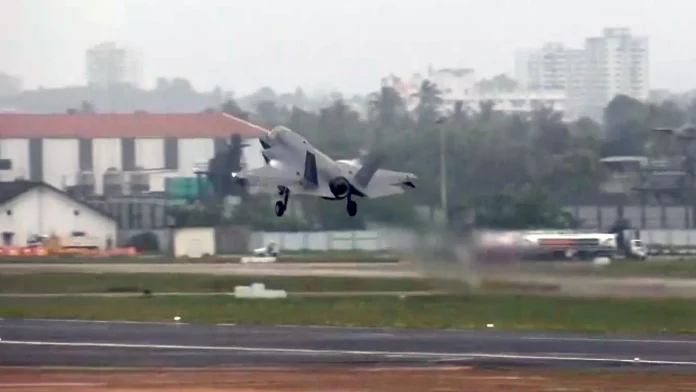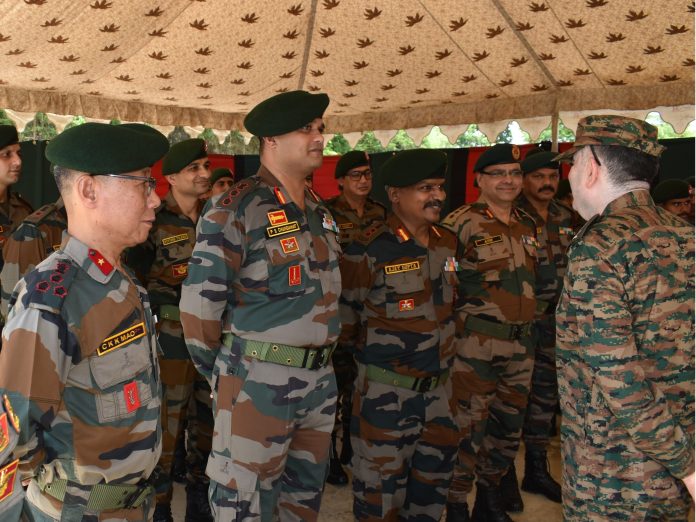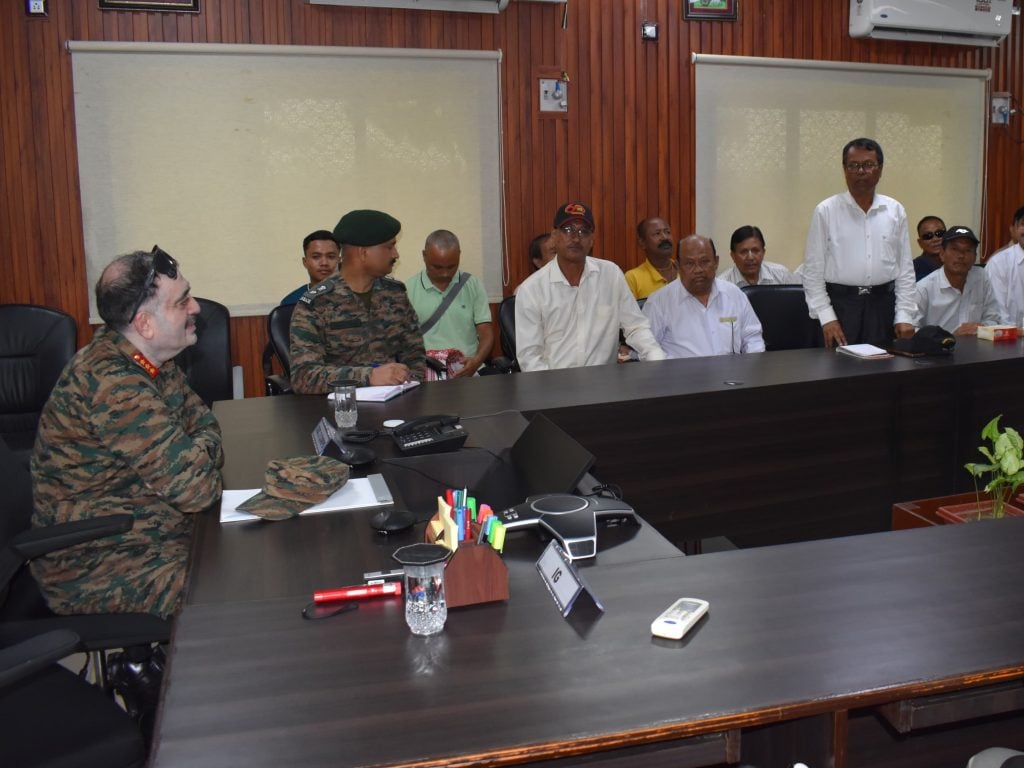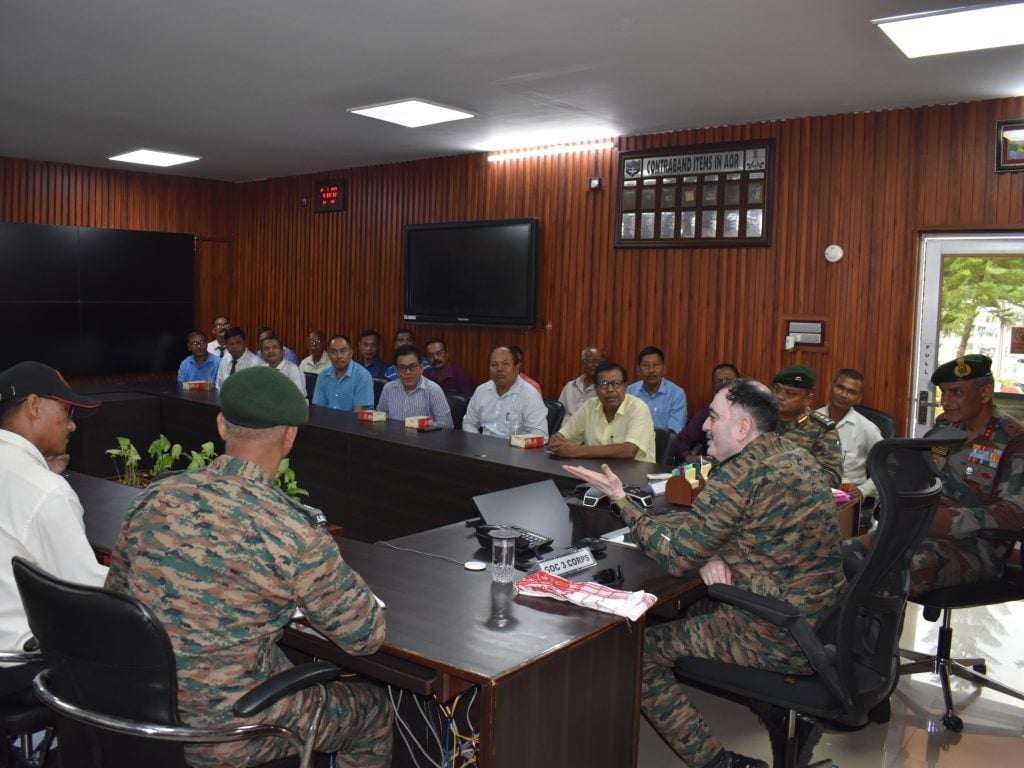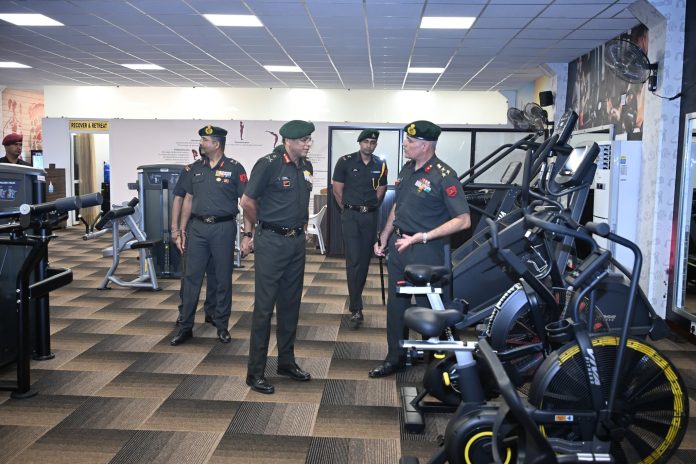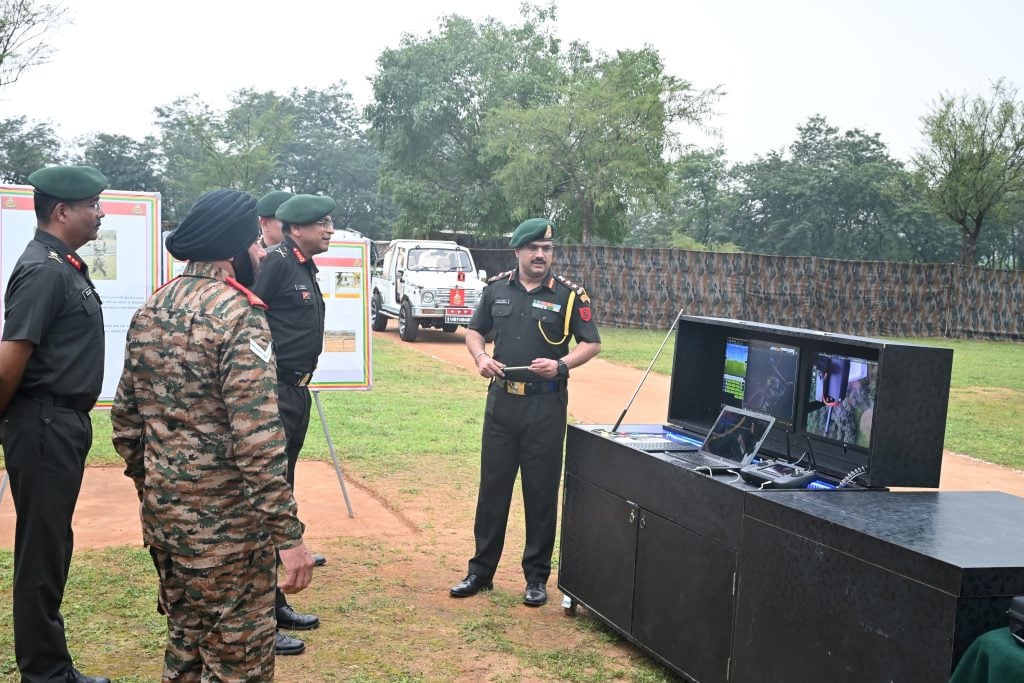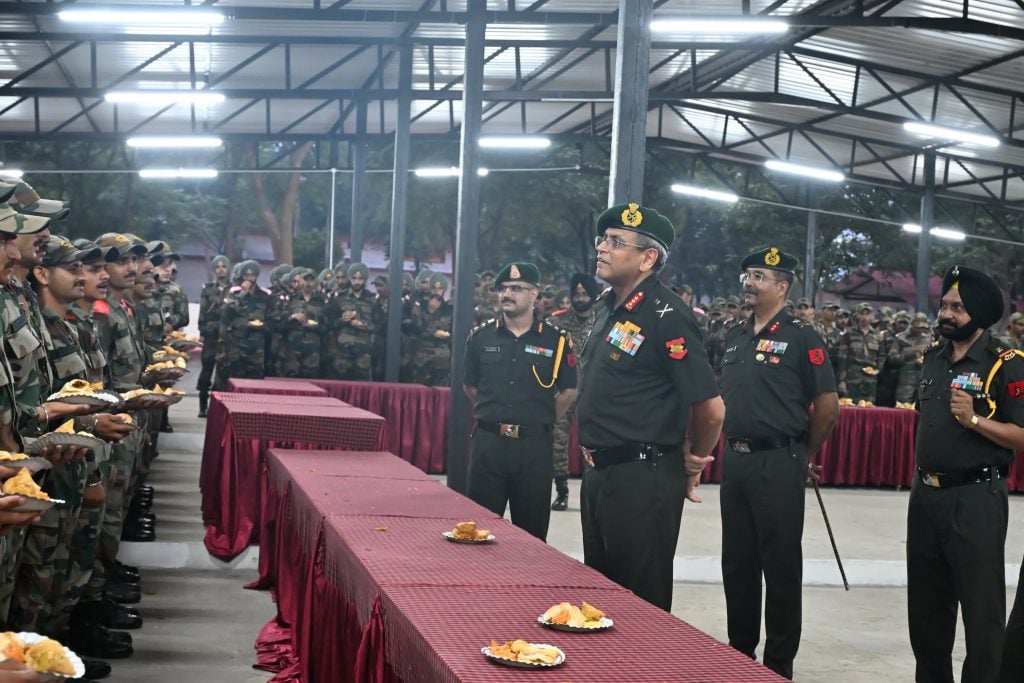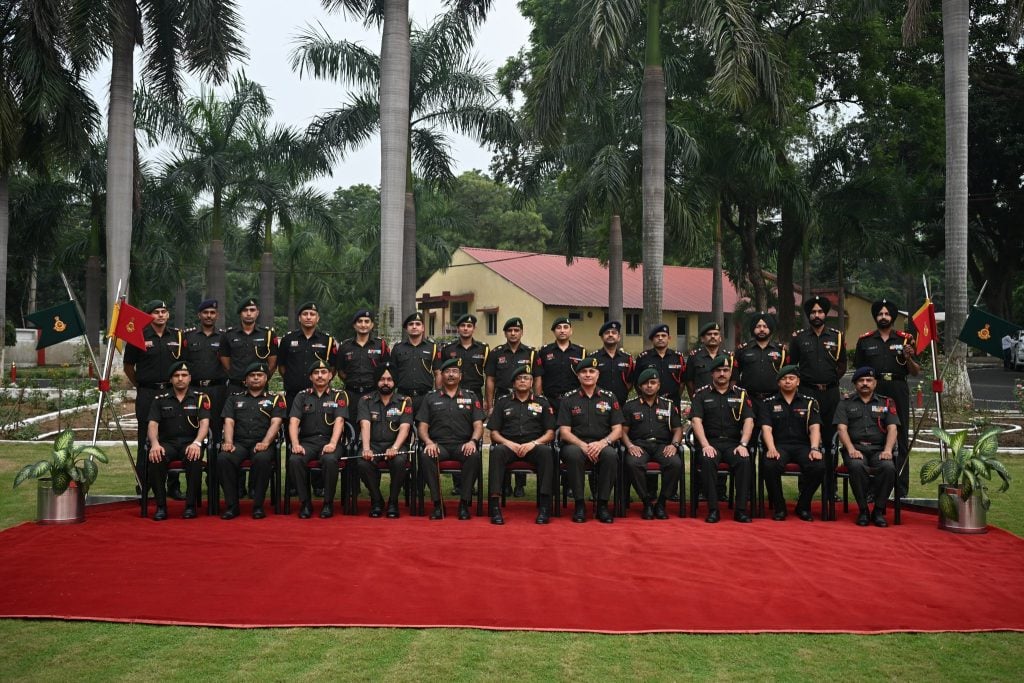In a bold claim made during a reception at the White House, former U.S. President Donald Trump asserted that his intervention “stopped the recent war” between India and Pakistan from escalating into a nuclear conflict. Speaking before Republican members of Congress on Tuesday, Trump said, “They’re both powerful nuclear nations and that would have happened, and who knows where that would have ended up. And I stopped it.”
The former President claimed that five fighter jets were shot down during the hostilities, describing the situation as “back and forth” combat. “They shot down five planes… I called them and said, ‘Listen, no more trade. If you do this, you’re not going to be good,’” he recounted.
Trump also reiterated that the U.S. had played a stabilizing role in multiple global hotspots during his term. “We stopped wars between India and Pakistan, the Democratic Republic of the Congo and Rwanda… and a couple of others that we didn’t stop a war, but we stopped what probably could have ended up in a war,” he said.
The comments follow similar remarks Trump made last Friday, during a dinner with Republican senators, where he claimed “five jets were shot down” in the conflict between India and Pakistan. “That was looking like it was going to go. These are two serious nuclear countries and they were hitting each other,” he warned.
His remarks have stirred political debate in India, with the Opposition Congress party demanding a clear statement from Prime Minister Narendra Modi on Trump’s claims and the extent of U.S. involvement in de-escalating the conflict.
While both India and Pakistan have remained largely silent on Trump’s statements, the former President’s revelations, if accurate, hint at high-level backchannel diplomacy during one of the tensest flashpoints in recent South Asian history.

